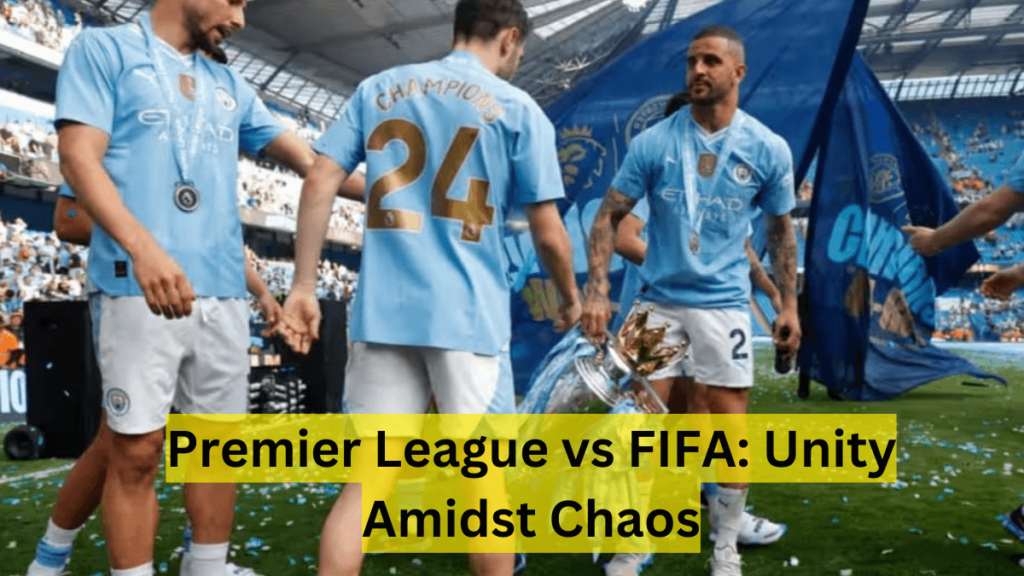
Even with the Premier League’s legal action against FIFA over the enlarged club calendar and the current legal fights surrounding champions Manchester City, Masters, the chief executive of the top division, argues that the “collective spirit” still exists among the league’s 20 member clubs.
Masters tried to demonstrate the league’s strength as a whole, with the first round of games set for the following weekend. There continues to be a sense of brotherhood between Football Club athletes,” he stated. The Champions League is a concurrence, hence people are supposed to compete with each other. I think it’s great that they’re always competing, whether it’s to acquire players or figure out how to improve in the Premier League.
“I do not believe in rule breaches, and we will deal with them accordingly, but I do believe in a sense of unity. Ultimately, it is widely acknowledged that the Premier League is an incredible football league that needs safeguarding and preservation. That’s essentially the Premier League’s responsibility, but everyone has a responsibility, and I think they recognize that.”
Masters remained silent over the disagreements with City, but rumors have it that a decision in the first arbitration case concerning the league’s related party transaction policies is anticipated in a few weeks. Although he acknowledged that the league has “a pretty good operational relationship with its champions of the past four seasons,” he contended that the rivalry must move past recent tensions and disagreements over the rules.
Masters want to accomplish this by enacting new rules. The league will test two new funding methods this season that may be put into effect permanently in 2025–2026: A top-to-bottom anchoring system would restrict elite clubs to spending no more than a multiple of the income of the lowest-ranked teams. The first, a squad cost ratio, would cap player spending to a part of income.
According to Masters, “If we are changing the system, we will switch to one that I hope the clubs have confidence in and want to comply with so that we’re not talking about financial regulations and rules all the time, but about football.”
“I always want the main focus to be football. Neither transient marks on the league table nor enduring disagreements are things we wish to happen. This should only last temporarily, not forever. By the end of the season, we should have a better understanding of these issues after overcoming them.”
A record number of matches for the big clubs could result in “saturation,” Masters said, as the league returns to the TV market this year. He also addressed the issue of the expanded international calendar, restating the league’s opposition to FIFA’s lack of consultation over the expanded Club World Cup.
“We have a lot of football,” he declared, “and the Premier League is one of them.” We are expanding the schedule of contests in which our clubs compete. Thus, I believe there’s reason to be concerned that we could hit a saturation point.”
Masters stated that the league aims to finalize all of its broadcasting agreements for the 2025–2028 timeframe by the end of the current year. “We must inform the clubs of their upcoming budget and financial projection, which should be favorable. We’re going to boost our market share and offer them a solid financial situation.
“When we consider the combined broadcast income of the top five European leagues, we find that we are at roughly 50%. Therefore, we think we’ll be in a very strong financial position, which will undoubtedly enable clubs to make long-term plans, sign the finest players, assemble outstanding management teams, invest in infrastructure, and carry out all the other tasks that go into creating a competitive and entertaining environment.”

